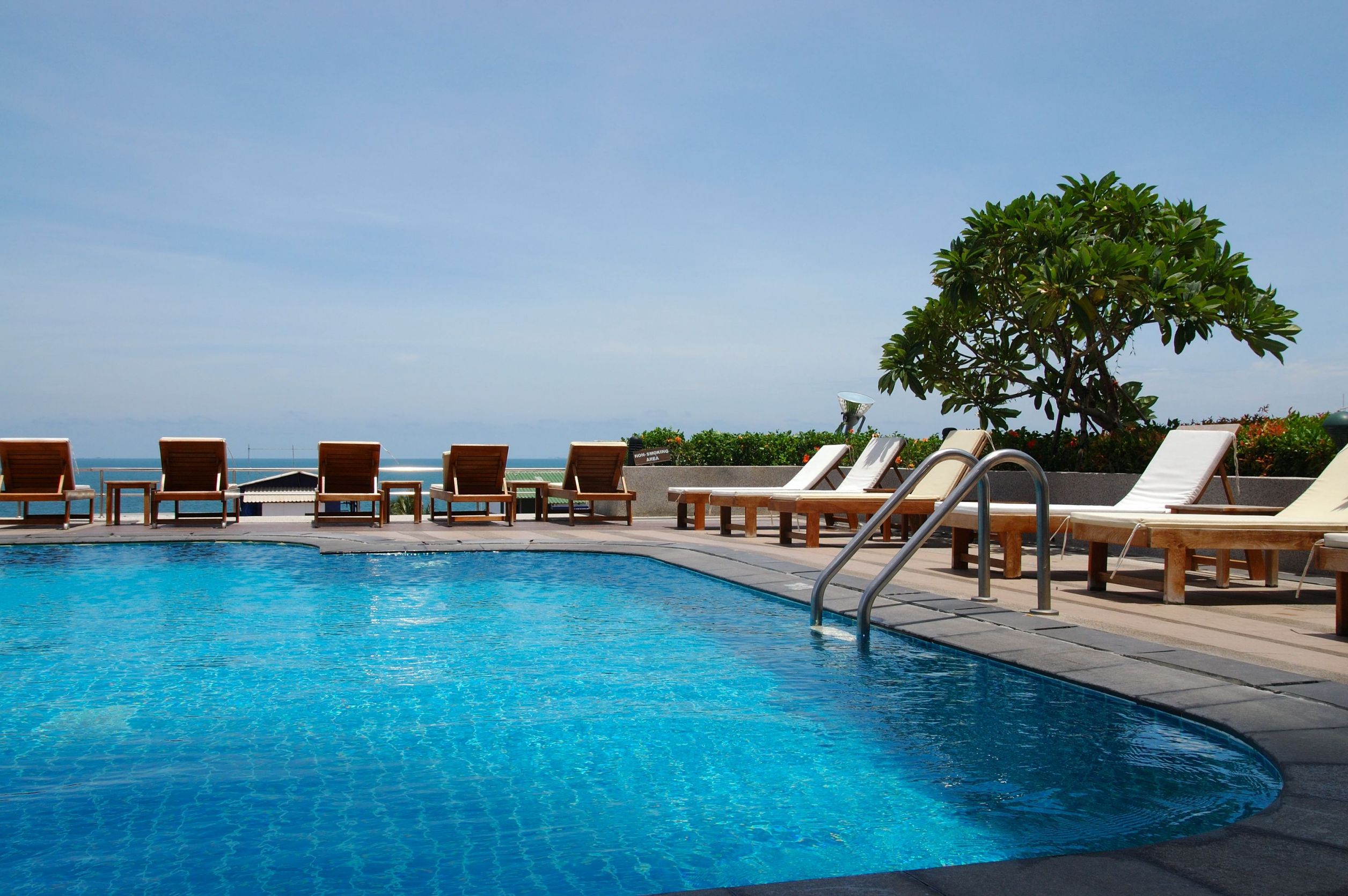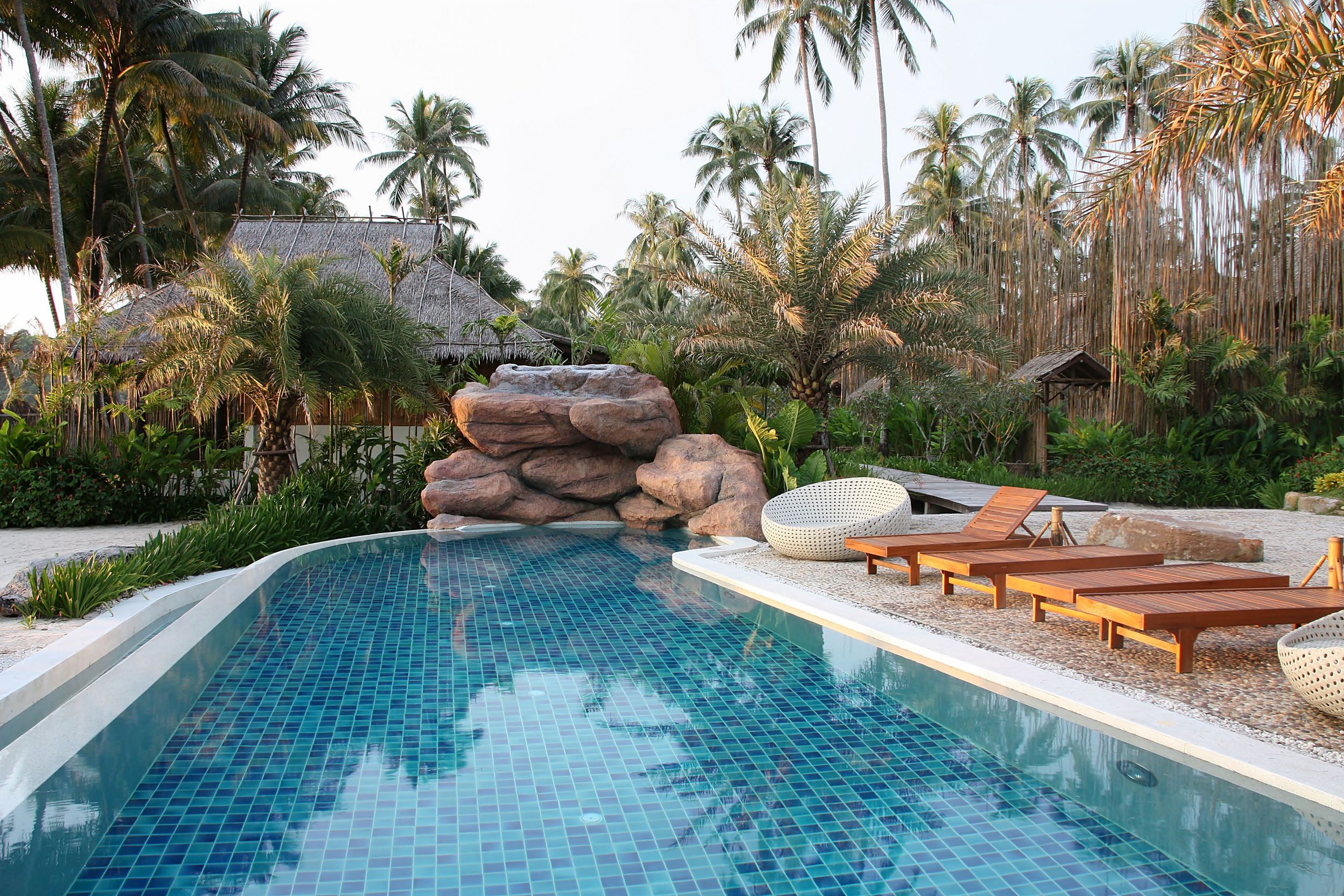If you do not like the smell of chlorine, you are not alone. While chlorine is the traditional chemical used to sanitize a pool, it is not always a preferred method. Alternative sanitation methods have also recently gained popularity. When a pool is chlorinated, the chlorine works to kill the bacteria in the pool water by undergoing a chemical reaction. During the process, the chlorine is broken down into hydrochloric acid (a disinfectant) and hypochlorite ions. The ions oxidize the bacteria until it is destroyed or neutralized.
A Residual Effect
The reason chlorine has been used for so long is because it has been shown to be effective in pool sanitation and will last a lengthy period of time. It is also supplied in one of a variety of forms, including liquids, solids, or a gas. The chemical has a residual effect. In other words, the chemical neutralizes contaminants and continues to do so long after it has been added.
Some Drawbacks
However, when used as a pool treatment, chlorine also releases byproducts known as trihalomethanes (THMs), which are known to irritate the skin and eyes. The substance also dissipates immediately after it has been added. As a result, the pool owner must continually test the chlorine levels in order to maintain his pool. The byproducts that are released by chlorine are associated with varying health issues, including respiratory difficulties.
Bromine
Another substance that is often used for pool treatment is bromine, which is similar in composition and use to chlorine. However, the byproducts produced by bromine differ from those made by chlorine. When chlorine reacts with any swimming pool contaminants, chloramines are formed. When bromine reacts with the same contaminants, bromamines are formed.
While the chloramine offers no benefits to the pool water, the bromamines do retain the sanitizing characteristics of bromine. Bromine is therefore more stable than chlorine, especially in warm temperatures, all of which makes the chemical suited for use in indoor pools or spas. The smell of bromine is also less pungent than chlorine. However, bromine is also considered a weak oxidizer and is more costly to buy than chlorine.
Why Ionization Is Preferred
One innovative pool treatment is ionization. This treatment releases positive ions of copper or an alloy of silver and copper to sanitize pool water. Basically, the method works at killing bacteria by exposing the germs to the ions. Two forms of ionizers are used.
The first ionizer is an electric ionizer, which uses electricity in order to charge the metals that release the ions. The second type of ionizer is a mineral cartridge ionizer, which makes use of the water flow through a mineralized packet to release metal ions on a steady basis. Ionization, when compared to other systems, is inexpensive and the electrode components used in ionization are fairly inexpensive to replace. The electrodes generally last around three years.

